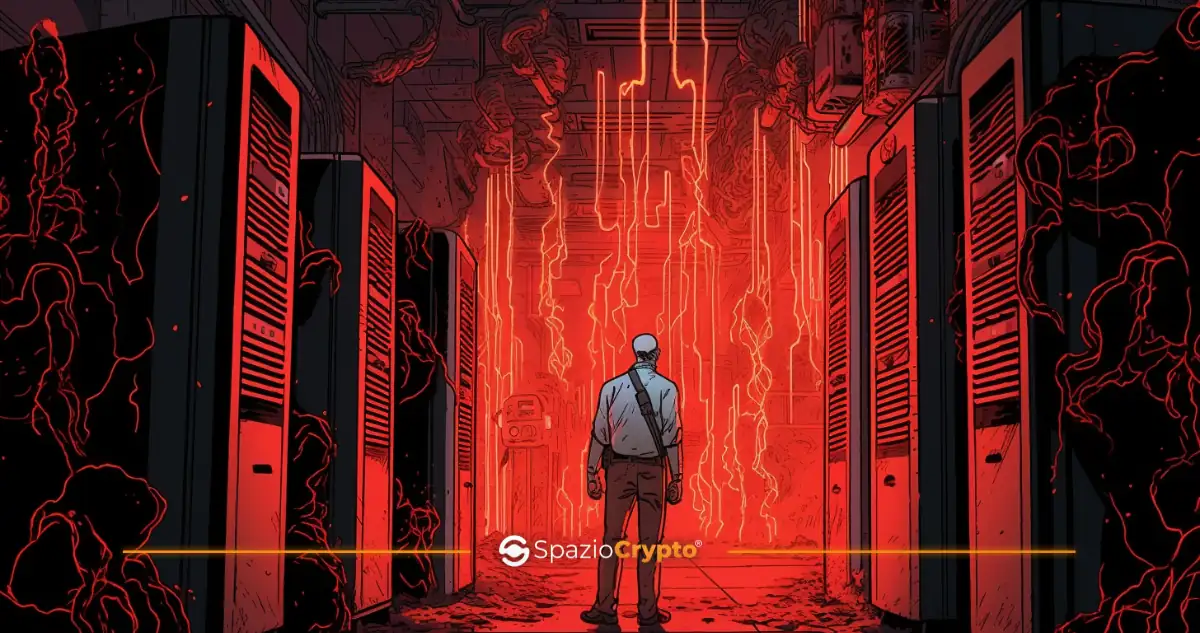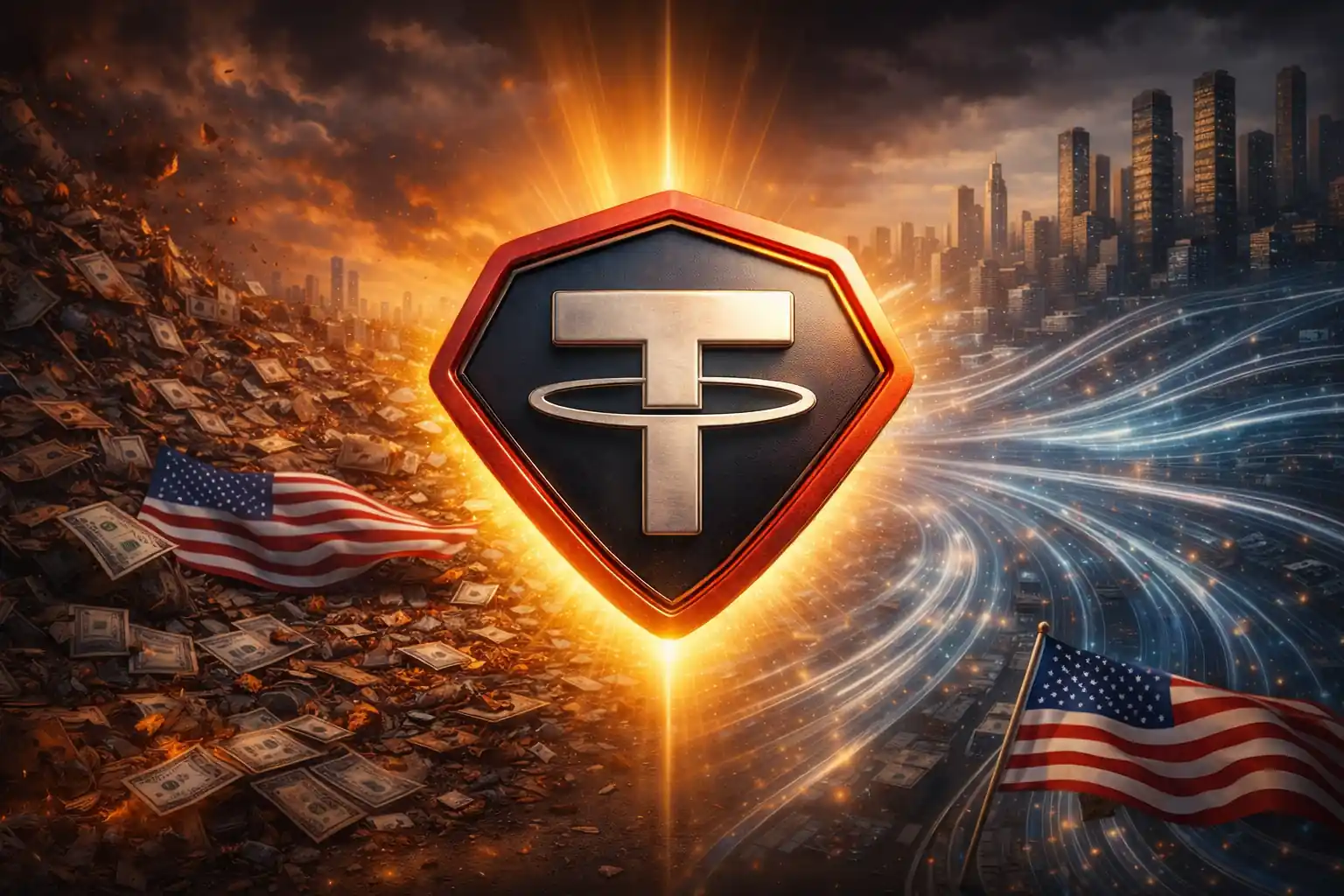A bill introduced in the US Senate threatens to impose tariffs on data centres that support blockchain networks and artificial intelligence models if they exceed federal emissions limits, Bloomberg reported on 11 April.
According to Bloomberg, the bill - introduced by Democratic Senators Sheldon Whitehouse and John Fetterman - is aimed at protecting households from rising energy costs and addressing the environmental effects of growing energy demand.
The 'Clean Cloud Act' would force data centres and cryptocurrency mining facilities with an installed capacity of more than 100 kW to comply with an emissions performance standard imposed by the Environmental Protection Agency (EPA).
The standard would be based on the emission intensity of the regional power grid, with an annual reduction target of 11%. The legislation would impose penalties for those exceeding the limits, starting at $20 per tonne of CO², with an annual increase tied to inflation plus a $10 surcharge.
In a blog post on the Senate Environment and Public Works Committee's website, the opposition stated that "the growth in demand for electricity from cryptocurrencies and data centres is outpacing the growth of carbon-free electricity."
According to estimates, by 2028, up to 12 per cent of total US electricity demand could come from data centres.
Morgan Stanley research estimates that, by the end of the decade, the rapid growth of data centres will result in about 2.5 billion metric tons of global CO2 emissions.
According to Matthew Siegel, head of research at VanEck, the proposed legislation appears to be specifically targeting Bitcoin miners and similar energy-intensive operations, in what he called on X (formerly Twitter) on 11 April a 'let's blame the server racks' losing strategy.
The law could also conflict with US policy under President Donald Trump, who rescinded Joe Biden's 2023 executive order to establish security standards for AI. Trump has repeatedly declared his intention to make the United States the "world capital" of AI and cryptocurrency.
Bitcoin and AI are merging
The bill, which has not yet been approved by the Senate, comes at a time when miners of Bitcoin - including Galaxy, CoreScientific and Terawulf - are increasingly turning towards providing high-performance computing (HPC) power for artificial intelligence models, according to VanEck.
Bitcoin miners are facing a tough time in 2025, as falling cryptocurrency prices put pressure on business models already impacted by the latest halving of the Bitcoin network.
According to Coin Metrics, miners are "diversifying towards hosting data centres for AI to increase revenue and are repurposing existing infrastructure for high-performance computing".
Coin Metrics reports that in the first quarter of 2025, miner revenues began to stabilise. However, the recovery could be interrupted if ongoing trade wars undermine miners' business models, according to several crypto industry executives.
"Node operators, validators and other key players in blockchain networks could face challenges from aggressive tariffs and retaliatory trade policies," said Nicholas Roberts-Huntley, CEO of Concrete & Glow Finance.
"In times of global uncertainty, collateral damage can affect the infrastructure that supports cryptocurrencies, not just the assets themselves," he concluded.









